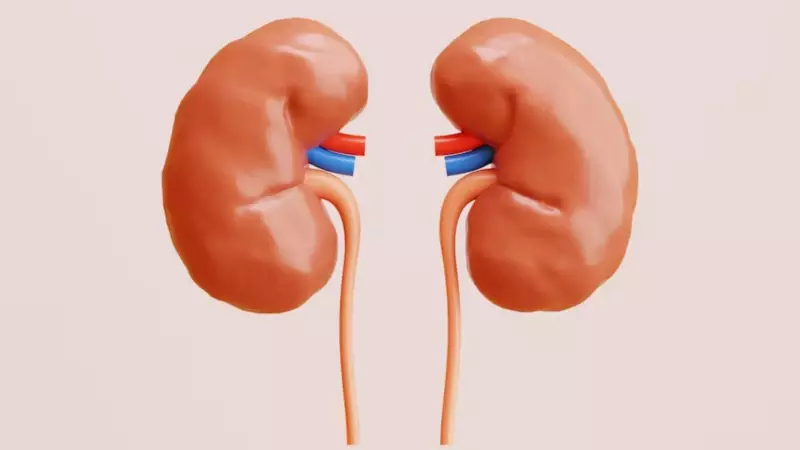
Your kidneys work tirelessly as your body's natural filtration system, but impaired kidney function can silently develop without obvious symptoms until significant damage occurs. The good news? Most kidney problems are preventable with proactive measures.
Why Kidney Health Demands Your Immediate Attention
Kidneys perform the critical task of filtering waste, balancing fluids, and regulating blood pressure. When their function declines, toxins accumulate, leading to serious health complications that can dramatically impact your quality of life.
7 Powerful Strategies to Safeguard Your Kidney Health
1. Stay Hydrated, But Don't Overdo It
Proper hydration helps kidneys clear sodium and toxins from your body. Aim for 6-8 glasses of water daily, but consult your doctor about the right amount for your specific health needs.
2. Monitor Blood Pressure Regularly
High blood pressure is a silent kidney killer. Keep your readings below 140/90 mmHg through diet, exercise, and medication if prescribed.
3. Control Blood Sugar Levels
Diabetes remains the leading cause of kidney disease. Maintain stable blood sugar through balanced nutrition and regular monitoring.
4. Adopt a Kidney-Friendly Diet
Reduce sodium intake, limit processed foods, and incorporate fresh fruits and vegetables. Watch your protein consumption if you already have kidney concerns.
5. Exercise Regularly
Physical activity helps control blood pressure and blood sugar levels—two major risk factors for kidney disease. Aim for 30 minutes of moderate exercise most days.
6. Avoid Smoking and Limit Alcohol
Smoking damages blood vessels, reducing blood flow to kidneys. Excessive alcohol consumption strains renal function and increases blood pressure.
7. Use Medications Wisely
Some over-the-counter pain medications can harm kidneys when used long-term. Always follow dosage instructions and consult your doctor about kidney-safe alternatives.
Early Warning Signs You Should Never Ignore
Watch for these subtle indicators of kidney trouble: persistent fatigue, swollen ankles or feet, changes in urination patterns, foamy urine, persistent puffiness around eyes, and dry, itchy skin. Early detection dramatically improves outcomes.
Who's at Higher Risk?
Individuals with diabetes, hypertension, family history of kidney disease, and those over 60 should be particularly vigilant. Regular kidney function tests are crucial for these groups.
Remember: Your kidneys are remarkable organs that deserve proactive care. By implementing these preventive strategies today, you're investing in long-term health and potentially avoiding the need for dialysis or transplant down the road. Start protecting your kidney health now—your future self will thank you.





